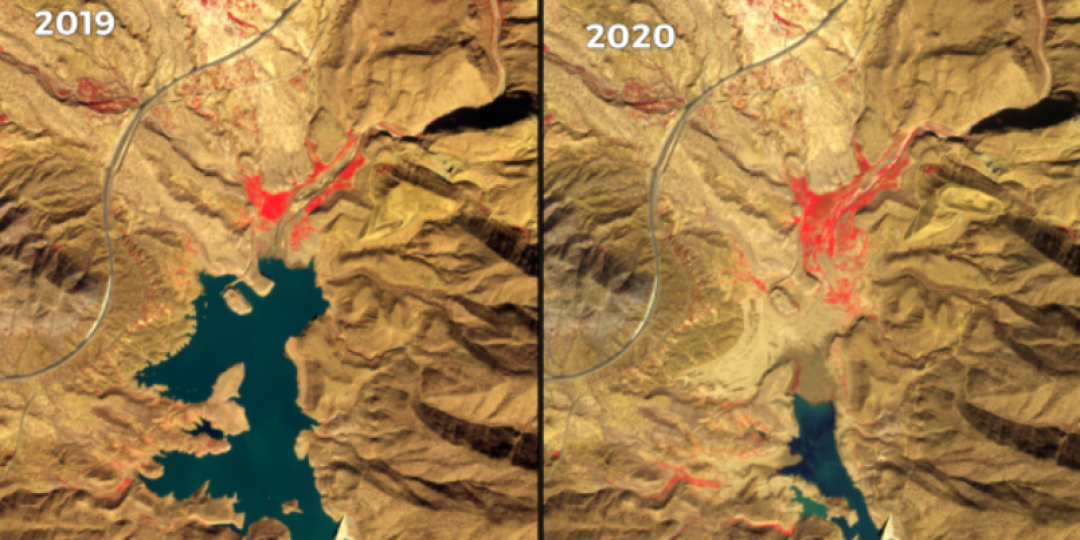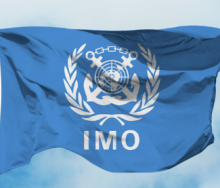Morocco is grappling with its worst drought in three decades, devastating the country's agricultural sector and raising concerns about food security. Mohamed Sadiri, a farmer who has worked the same three-hectare plot in western Morocco since 1963, has never seen his land this parched.
Sadiri's wheat yields plummeted to just one tonne per hectare last year, the smallest harvest he has ever seen. The 25-foot-deep well on his plot has dried up, and he cannot afford to dig any deeper.
As a result, Sadiri is now trying to grow barley, a more resilient crop, in an effort to adapt to the worsening drought conditions. The drought gripping Morocco is a troubling sign for global food supplies. Morocco is a major wheat producer, and the country's agricultural woes could have ripple effects around the world.
Experts warn that the situation in Morocco is a harbinger of the challenges that climate change will pose for food production in the years ahead.
“According to the predictions about the climate, it is expected that there will be droughts in the future leading to an increase in water scarcity,” the authors of a recent study on smart agriculture wrote.
The study emphasized the need for innovative water-management solutions to help farmers adapt to these emerging threats. Researchers have also highlighted the importance of using advanced monitoring and modelling techniques to better predict and respond to agricultural droughts.
A study on drought monitoring in Pakistan, for example, used satellite data, meteorological observations, and crop models to assess drought severity and its impacts on crop yields.
As Morocco grapples with this severe drought, policy makers and agricultural experts will need to work together to develop comprehensive strategies to bolster the country's food security and help farmers like Sadiri adapt to the changing climate.













